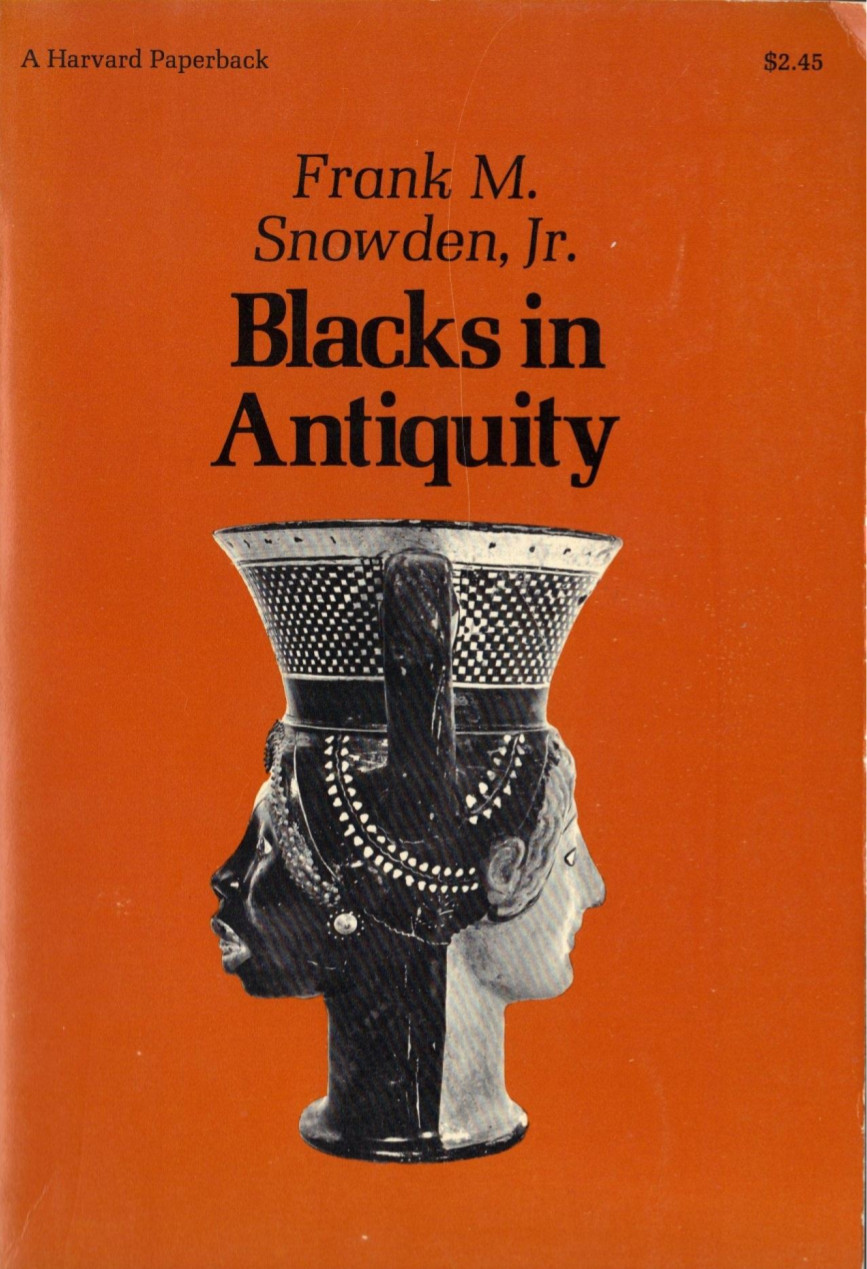J. R. McNeill, Corinna R. Unger (eds.): Environmental Histories of the Cold War (2010)
Filed under book | Tags: · climate, cold war, ecology, environment, geopolitics, history, military, nuclear weapons, politics, war, war studies

“This book explores the links between the Cold War and the global environment, ranging from the environmental impacts of nuclear weapons to the political repercussions of environmentalism. Environmental change accelerated sharply during the Cold War years, and so did environmentalism as both a popular movement and a scientific preoccupation. Most Cold War history however entirely overlooks these developments, which were not only simultaneous but also linked together in ways both straightforward and surprising. The contributors to this book present these connected issues as a global phenomenon, with chapters concerning China, the USSR, Europe, North America, Oceania, and elsewhere. The role of experts as agents and advocates of using the environment as a weapon in the Cold War or, contrastingly, of preventing environmental damage resulting from Cold War politics is also given broad attention.”
Publisher Cambridge University Press, 2010
ISBN 0521762448, 9780521762441
362 pages
Reviews: Chaney (H-Net, 2011), Tucker (Michigan War Studies Review, 2012), Kinkela (Cold War History, 2013).
Conference report by Thomas Robertson (GFI Bulletin, 2007)
PDF (5 MB, updated on 2019-10-11)
Comment (0)Janet Roitman: Anti-Crisis (2013)
Filed under book | Tags: · anthropology, capitalism, critique, financial crisis, history, knowledge, narrative, risk, value

“Crisis is everywhere: in Iraq, Afghanistan, Syria, and the Congo; in housing markets, money markets, financial systems, state budgets, and sovereign currencies. In Anti-Crisis, Janet Roitman steps back from the cycle of crisis production to ask not just why we declare so many crises but also what sort of analytical work the concept of crisis enables. What, she asks, are the stakes of crisis? Taking responses to the so-called subprime mortgage crisis of 2007–2008 as her case in point, Roitman engages with the work of thinkers ranging from Reinhart Koselleck to Michael Lewis, and from Thomas Hobbes to Robert Shiller. In the process, she questions the bases for claims to crisis and shows how crisis functions as a narrative device, or how the invocation of crisis in contemporary accounts of the financial meltdown enables particular narratives, raising certain questions while foreclosing others.”
Publisher Duke University Press, 2013
ISBN 9780822355120
176 pages
Reviews: Fokwang (Anthropology Southern Africa, 2014), McDonagh (LSE Review of Books, 2014), Engel (New Political Science, 2014).
PDF (updated on 2019-10-11)
Comment (0)Frank M. Snowden, Jr.: Blacks in Antiquity (1970)
Filed under book | Tags: · antiquity, art, body, history, military, mythology, race

“The Africans who came to ancient Greece and Italy participated in an important chapter of classical history. Although evidence indicated that the alien dark- and black-skinned people were of varied tribal and geographic origins, the Greeks and Romans classified many of them as Ethiopians. In an effort to determine the role of black people in ancient civilization, Frank M. Snowden examines a broad span of Greco-Roman experience—from the Homeric era to the age of Justinian—focusing his attention on the Ethiopians as they were known to the Greeks and Romans. The author dispels unwarranted generalizations about the Ethiopians, contending that classical references to them were neither glorifications of a mysterious people nor caricatures of rare creatures.
Mr. Snowden has probed literary, epigraphical, papyrological, numismatic, and archaeological sources and has considered modern anthropological and sociological findings on pertinent racial and intercultural problems. He has drawn directly upon the widely scattered literary evidence of classical and early Christian writers and has synthesized extensive and diverse material. Along with invaluable reference notes, Mr. Snowden has included over 140 illustrations which depict the Negro as the Greeks and Romans conceived of him in mythology and religion and observed him in a number of occupations—as servant, diplomat, warrior, athlete, and performer, among others.
Presenting an exceptionally comprehensive historical description of the first major encounter of Europeans with dark and black Africans, Mr. Snowden found that the black man in a predominantly white society was neither romanticized nor scorned—that the Ethiopian in classical antiquity was considered by pagan and Christian without prejudice.”
Publisher The Belknap Press of Harvard University Press, 1970
ISBN 0674076257, 9780674076259
364 pages
via yunus_21
Snowden’s short essay based on the book (2000)
When Greek was an African Language (Stanley Burstein, 2006)
Review (B.H. Warmington, African Historical Studies, 1971)
PDF (46 MB, no OCR)
Comment (0)
